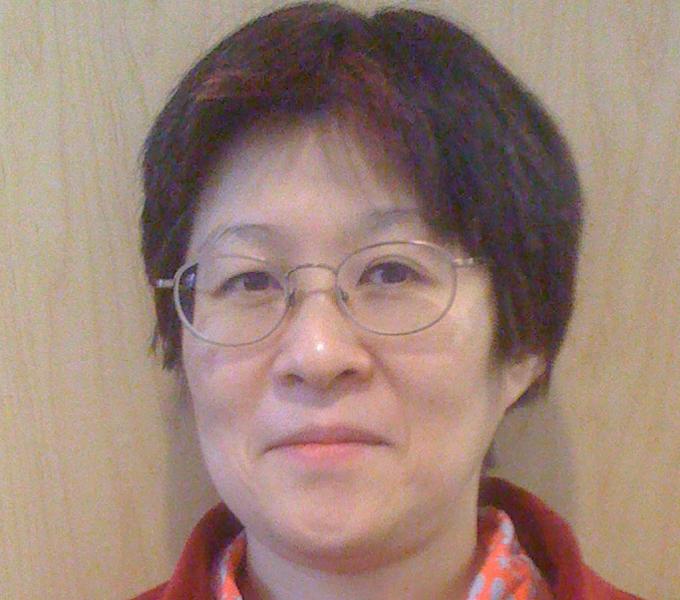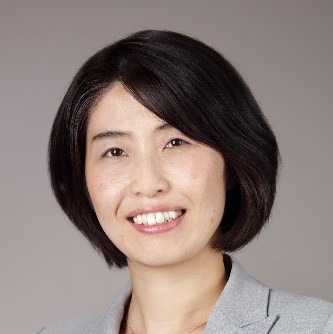Investigators
Find a Member
Results

Youko Ikeda
Program: Cancer Therapeutics
Summary
Dr. Ikeda’s research interests focus on furthering the understanding of the various cellular mechanisms that regulate urinary bladder contractile and storage functions, as well as determining the consequences of neurogenic injury, chemical cystitis and ionizing radiation exposure to the lower urinary tract to elucidate novel therapeutic agents. Dr. Ikeda is currently investigating the senotherapeutic actions of soluble guanylate cyclase activators on radiation-induced cell senescence in the urinary bladder and orthotopic prostate tumors. This project is supported by the Hillman…
Annie Im
Program: Cancer Therapeutics
Summary
1) Acute myeloid leukemia (AML) in older patients: My research focuses on developing strategies to improve treatment outcomes for older patients with AML. I oversee clinical trials that are focused in older AML. 2) Chronic graft-versus host disease (GVHD): Another focus is in the study of chronic GVHD and long-term follow-up of allogeneic stem cell transplant patients. I run our chronic GVHD and transplant survivorship clinic, and oversee clinical trials in acute and chronic…
Rieko Ishima
Program: Cancer Virology
Summary
I am the principal investigator of an R21 grant titled Development of a biparatopic-domain antibody screening system, with the long-term goal of developing MSLN-targeting domain antibodies that will be utilized to design therapeutic reagents. I am also collaborating on a project involving Src-family kinase.
Sawa Ito
Program: Cancer Immunology and Immunotherapy
Summary
Bone marrow stem cell transplantation is, for many, the only curative treatment for leukemia and lymphoma-blood cancers. From this technique, we have learned that immune cells of the donor which are transferred in the transplant can eradicate blood cancer, in the so-called graft-versus-leukemia (GVL) effect. My research work is directed to finding ways to harness this GVL immune effect to cure leukemia and lymphoma. I am particularly interested in preventing and treating post-transplant relapse which remains the major cause of transplant failure. This involves two approaches: The first is to…


